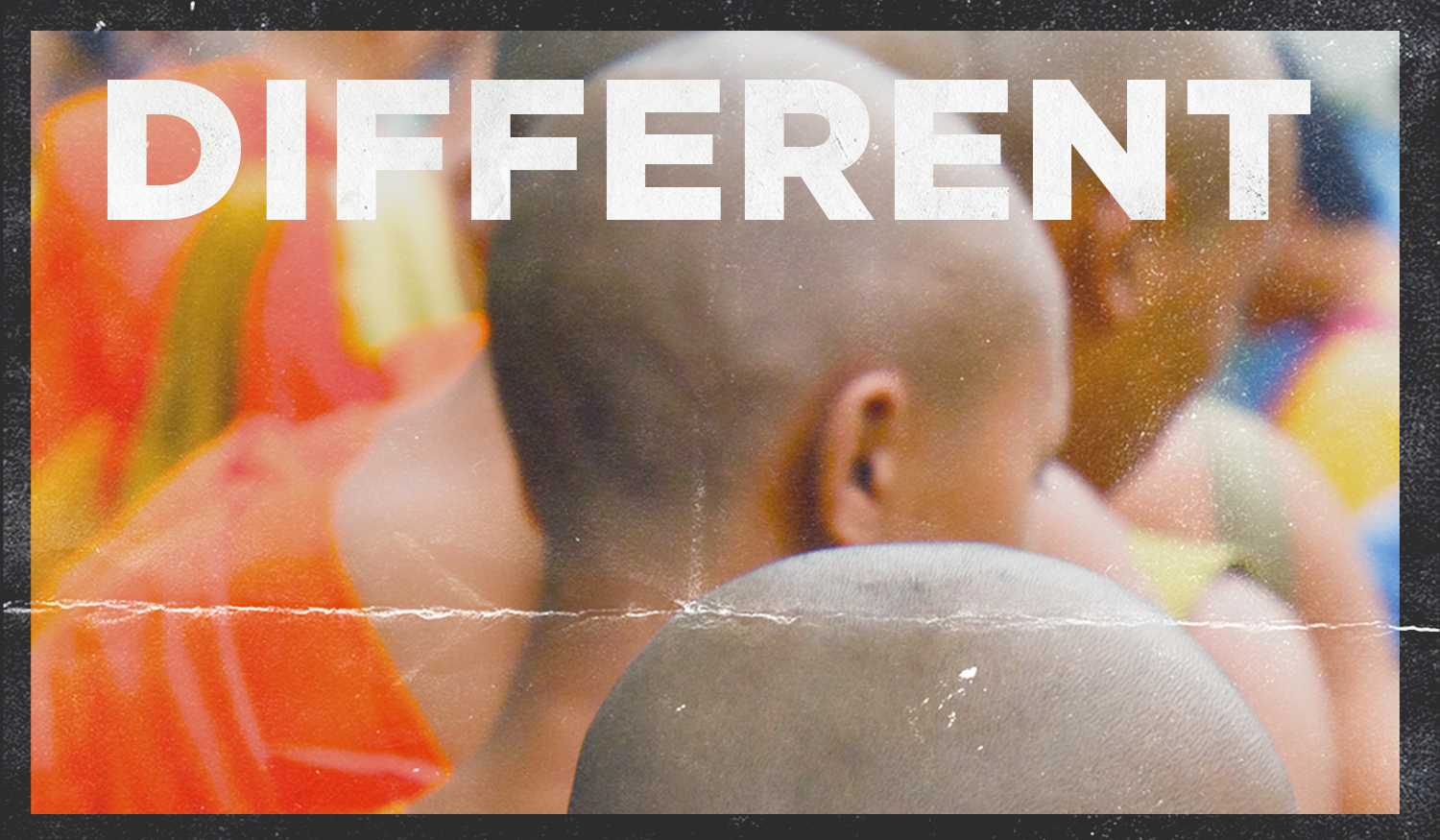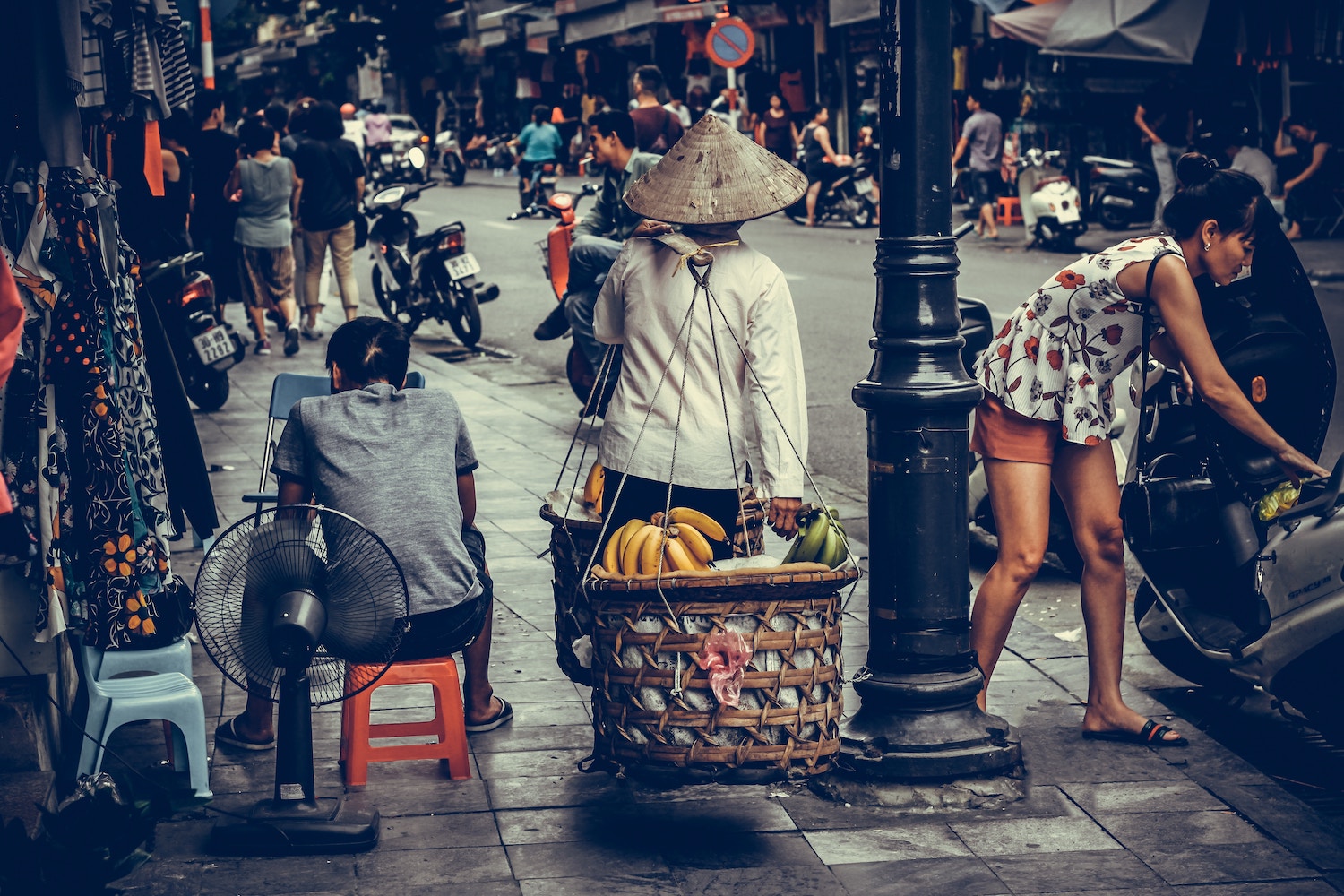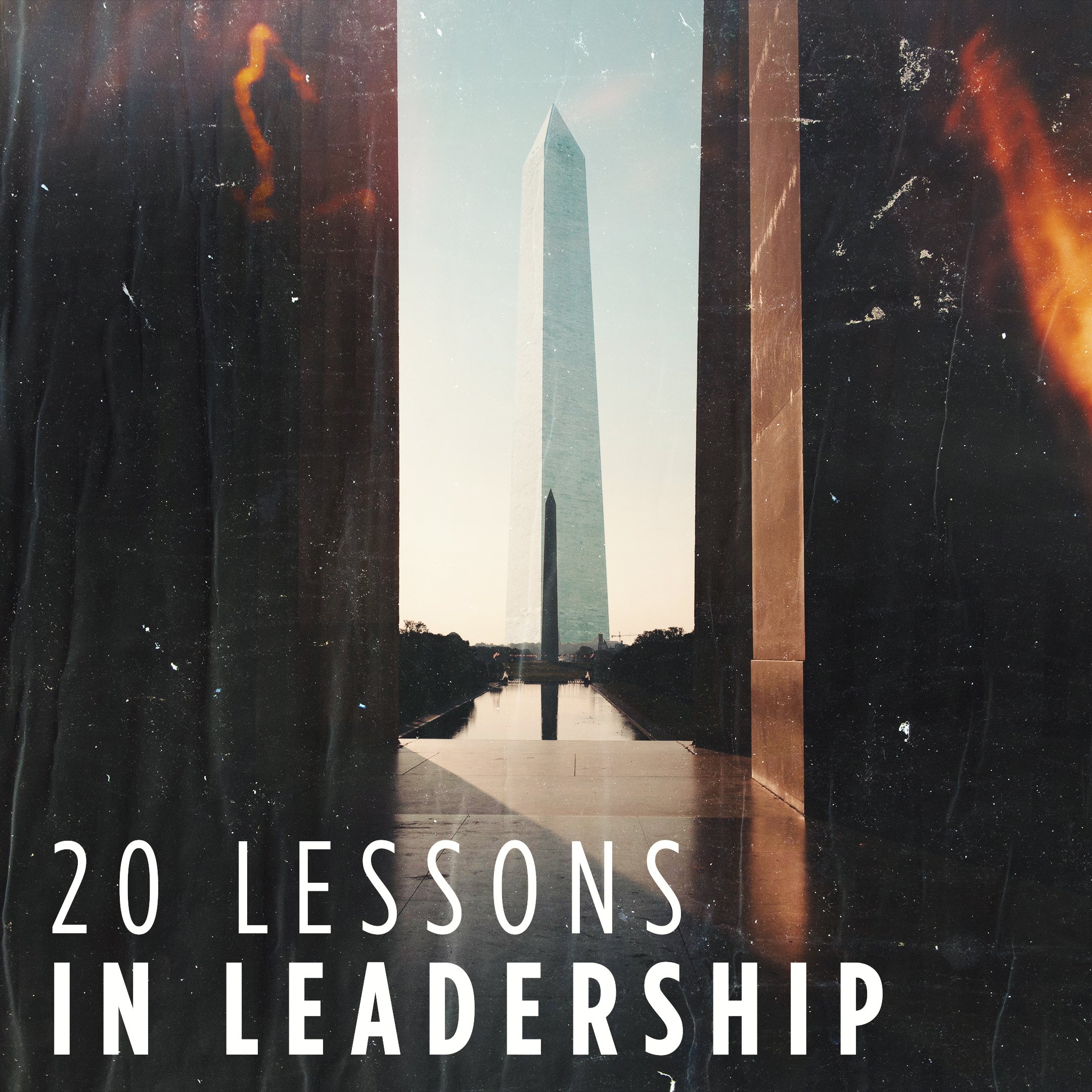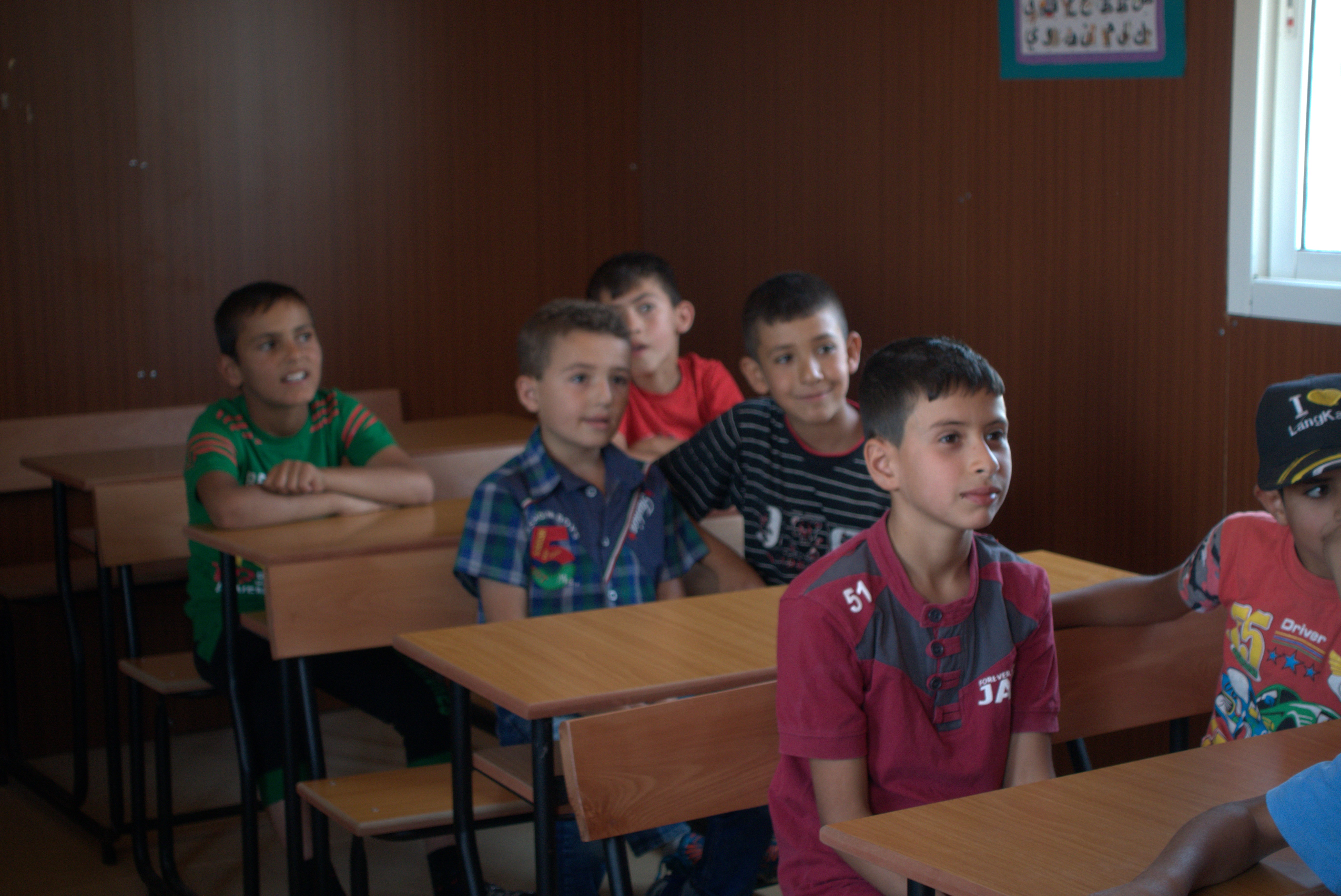They had to flee—millions of them. There was a war; what could they do? They bravely packed up their families and left their homes with hope for something better. Anywhere would be safer than this. And they were mostly right. When they landed in Lebanon, at least they were safe from the war in their homeland. Safe…and alone, with nothing. No permanent homes, no jobs, no education for their children.
Of course, not every story is alike. Lebanon has been working since the start of the Syrian refugee crisis to provide education for as many kids as possible, but there are more displaced school-aged children in the country than there are Lebanese kids in the public school system by a long shot.
Creating availability is not the only problem. Schools with openings are not always in places where children can reach them. Many refugee families can’t afford school supplies, let alone transportation. The sheer number of people in need makes it incredibly hard for these families to find opportunities to improve their situations, but education makes a huge difference.1
ELIC has intentionally focused on university teaching for most of our history. It is a strategic place to multiply our impact. Students from all over a country converge at its universities and then spread back out with their new knowledge and skills to give back to their communities or explore new ones. But when we realized the enormous need among refugees in this region, our heart was moved to help, and we changed our approach. We didn't leave the universities, but now we also teach in schools full of elementary-aged refugee kids, adding our drop to the bucket in an attempt to alleviate the need for as many as we can reach.
We are honored with the opportunity to help a community of generous, courageous, and resilient people find hope for their futures. In the words of one of our teachers in Lebanon, “It is a massive opportunity that I do not take lightly.” This teacher not only teaches at a K-5 school but also hosts a book club for middle school students who have graduated from her class. It’s not just about the practical side—education leading to opportunities leading to a brighter future—it’s about joy too. She writes about how the girls' faces light up when she walks in with a plate of cookies and a game to play before they start working on the book study. For these kids who have to grow up far too fast, moments of childhood joy are just as important as education.
We love the magnified reach of university work, but this shift in our perspective has widened our impact in another way. It has opened the door to teaching at elementary schools and community language centers in many of our host countries. We love all the different communities where we work and our students of all ages. It is a gift to teach them.
1https://globalhistorydialogues.org/projects/barriers-to-education-for-syrian-refugee-children-in-lebanon/#author








